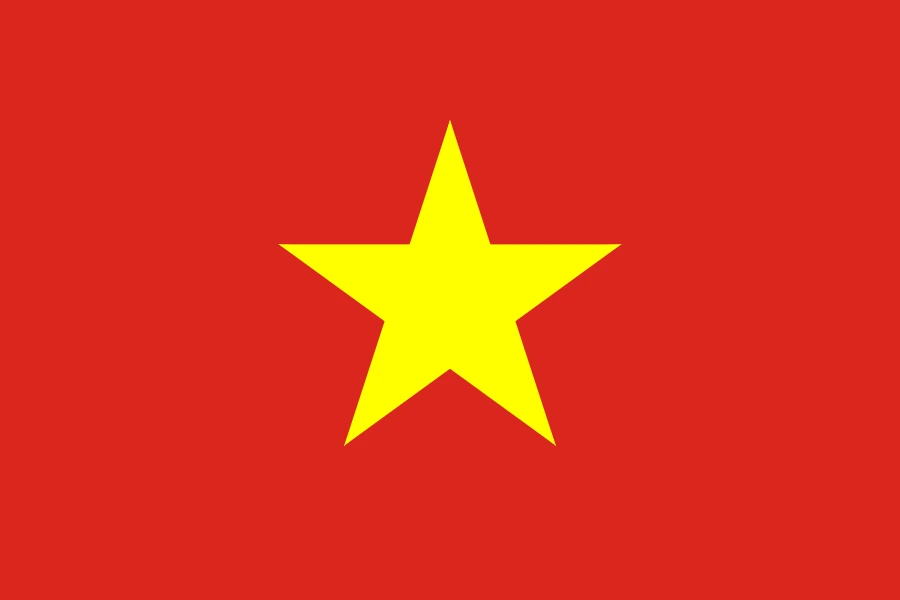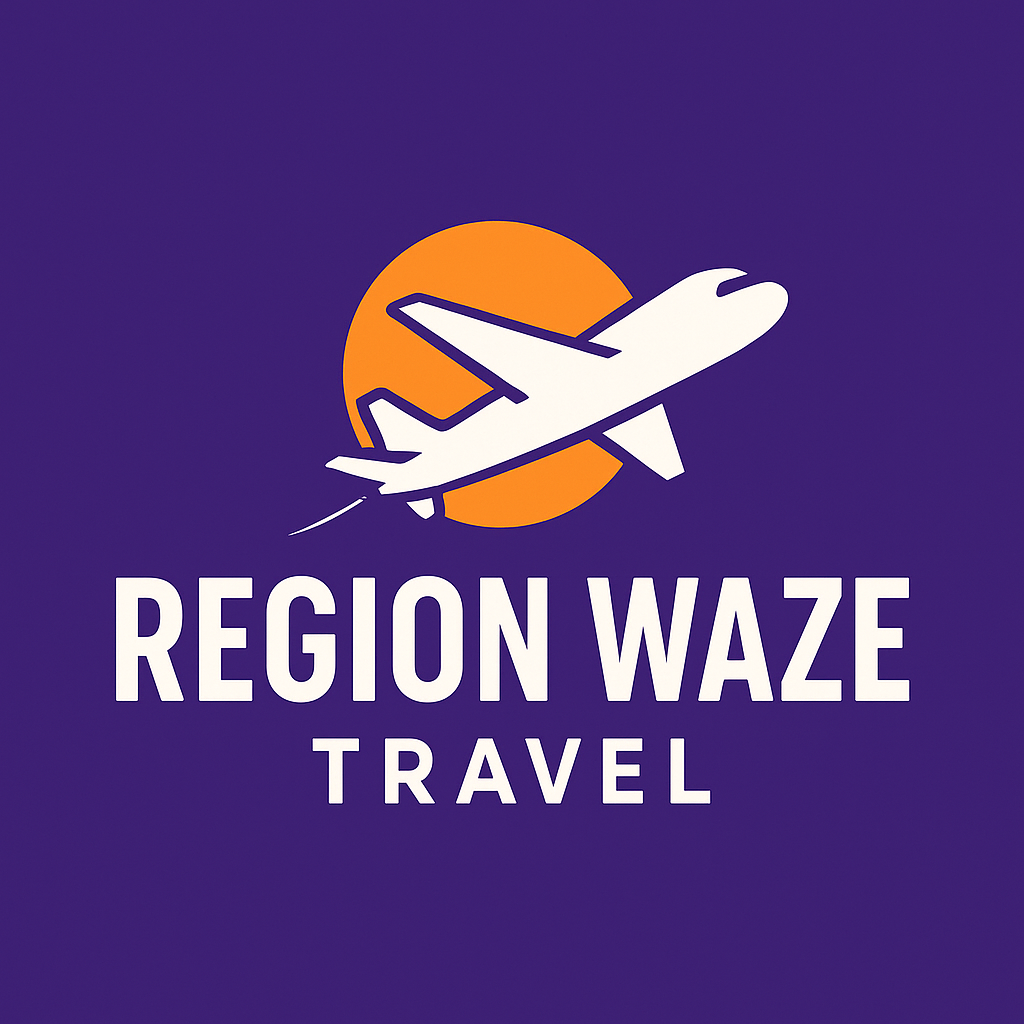Vietnam Travel Guide
Discover Why You Should Visit Vietnam
Why Visit Vietnam?
Vietnam is a country of breathtaking natural landscapes, rich history, and vibrant street life. From the limestone karsts of Ha Long Bay to the ancient streets of Hoi An and the bustling energy of Ho Chi Minh City, Vietnam offers a unique blend of old-world charm and modern vitality.
Its food, culture, and landscapes are as diverse as its regions. With warm hospitality, affordability, and year-round travel options, Vietnam is ideal for those seeking both relaxation and adventure.
Ideal for: Cultural travelers, food lovers, nature enthusiasts, history buffs, and backpackers.
Must-Know Facts
Capital/Major City: Hanoi (capital), Ho Chi Minh City (largest city)
Language(s): Vietnamese
Currency: Vietnamese Dong (VND)
Best Time to Visit: March to May and September to November for mild weather
Fun Fact: Vietnam is shaped like the letter ‘S’ and spans more than 2,000 miles of coastline
Top Things to Do
Cruise through Ha Long Bay’s limestone islands and emerald waters
Wander the lantern-lit streets of Hoi An Ancient Town
Trek the rice terraces of Sapa and visit ethnic minority villages
Explore the Cu Chi Tunnels and War Remnants Museum in Ho Chi Minh City
Relax on the beaches of Da Nang, Phu Quoc, or Nha Trang
Local Culture & Lifestyle
Vietnamese culture emphasizes respect for family, elders, and tradition. Daily life is centered around community, food, and ancestral worship.
From ancient Confucian values to modern-day entrepreneurial spirit, Vietnamese people are resilient and welcoming.
Traditional arts include water puppetry, calligraphy, folk music, and silk weaving.
Food & Drink Highlights
Street Food: Pho (noodle soup), banh mi (baguette sandwich), bun cha (grilled pork with noodles), goi cuon (fresh spring rolls)
Restaurants: Serve a wide range of regional dishes from North to South
Drinks: Vietnamese iced coffee (ca phe sua da), sugarcane juice, herbal teas
Desserts: Che (sweet soups), sticky rice with mango, coconut jelly
Main Dish & Culinary Symbols
Signature Dish: Pho, a fragrant beef or chicken noodle soup with herbs
Common Ingredients: Rice noodles, fish sauce, lime, mint, basil, chili, lemongrass
Culinary Culture: Meals are shared, and balance is key, combining sweet, salty, sour, and spicy elements in every dish
Symbols & Icons of the Area
Natural Icons: Ha Long Bay, Mekong Delta, Marble Mountains
Cultural Icons: Ao dai dress, conical hats (non la), dragon dancers, pagodas
Hidden Gems & Off-the-Beaten-Path
Ha Giang Loop for remote mountain landscapes and ethnic cultures
Phong Nha Caves, including the world’s largest cave, Son Doong
Pu Luong Nature Reserve for tranquil rice fields and waterfalls
Ba Be Lake for kayaking, boat trips, and lakeside villages
Shopping & Souvenirs
What to Buy: Silk scarves, lacquerware, bamboo goods, conical hats, Vietnamese coffee
Where to Shop: Dong Xuan Market in Hanoi, Ben Thanh Market in Ho Chi Minh City, night markets in Hoi An
Getting Around
Public Transport: Buses and trains connect most regions
Motorbikes: Widely used and available for rent or taxis (GrabBike)
Domestic Flights: Ideal for traveling between north and south quickly
Boats: Common in the Mekong Delta and coastal areas
Travel Tips
Respect local customs and dress modestly at temples and pagodas
Negotiate prices at markets, but politely
Cash is king, though ATMs are widely available
Learn a few Vietnamese phrases to enhance your experience
Where to Stay
Budget: Hostels, homestays, and budget hotels in most cities and towns
Mid-range: Boutique hotels and family-run guesthouses
Luxury: Beach resorts, urban hotels, and heritage properties
Unique: River lodges, mountain homestays, eco-resorts
Sample 4-Day Itinerary
Day 1: Arrive in Hanoi, visit the Old Quarter and Hoan Kiem Lake, enjoy street food
Day 2: Take a day trip or overnight cruise to Ha Long Bay
Day 3: Fly or take a train to Da Nang, explore the beaches and Marble Mountains
Day 4: Visit Hoi An, take a lantern-making workshop, and stroll the night market



0 Comments